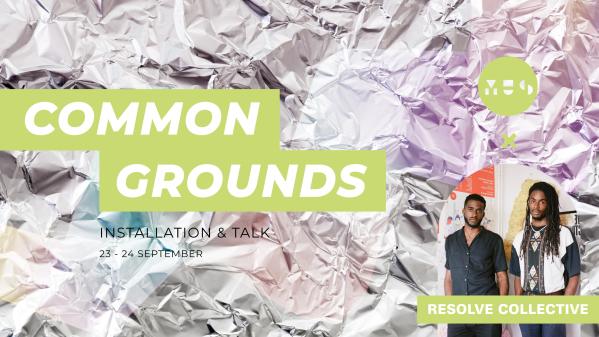If you want to join please RSVP to mail@malmoupcyclingservice.com Deadline to rsvp is 18th. of September.
Malmö Upcycling Service (M.U.S) has invited RESOLVE COLLECTIVE to hold this workshop with a number of invited creators where we will build a public environment with waste materials from the local industry. The idea of the build is to convey a message of inclusion, upcycling and co-creation while inviting more visitors to the site who might otherwise not have come. RESOLVE COLLECTIVE will lead the work based on its methodology and M.U.S will provide materials, tools and participation. Form/Design Center will provide space.
PROGRAM
As a participant you are expected to partake the following days and times:
→ Saturday 23 sep, 9–4 pm.
→ Sunday 24 sep, 9–4 pm.
SATURDAY
09.00–12.00
Lecture and introduction + breakfast (read more here)
12.00–13.00
Lunch break*
13.00–16.00
Workshop
SUNDAY
09.00–12.00
Workshop
12.00–13.00
Lunch break*
13.00–15.00
Workshop
15.00–16.00
Wrap up and opening event
*Breakfast will be provided on Saturday during the opening lecture and coffee/fika will be provided throught both days. Lunch will not be provided.
ABOUT RESOLVE COLLECTIVE
RESOLVE COLLECTIVE – an interdisciplinary design collective that aims to meet complex, social challenges by combining architecture, art, technology and engineering. They have organized numerous projects, workshops and talks in the UK and Europe, as well as various initiatives to introduce young people from under-represented backgrounds to concepts in interdisciplinary design. What both initiatives have in common is that they work to make use of local resources, both in terms of material and knowledge.
ABOUT MALMÖ UPCYCLING SERVICE
Malmö Upcycling Service is a design studio, based in Malmö since 2017, that creates products, interiors, installations and other artistic creations by using waste materials from industry. The aim of the initiative is to produce examples that show the possibilities of using waste and try to change the view of the material to be seen as a resource rather than an unwanted by-product from other manufacturing.

